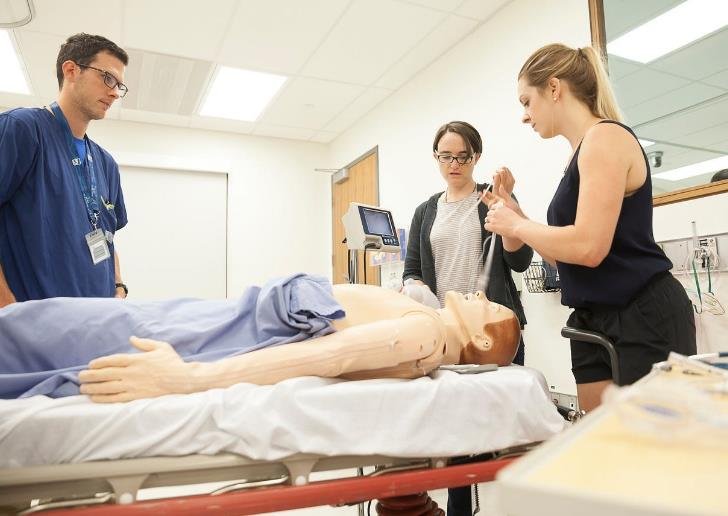In a disturbing trend, Myanmar has witnessed a series of attacks on healthcare facilities and personnel at the beginning of June 2024. According to reports from Insecurity Insight, there were 12 recorded incidents between May 29 and June 11, highlighting the ongoing risks faced by healthcare workers and the severe impact on medical services. These attacks, carried out by various armed groups, have resulted in significant damage to healthcare infrastructure and have further strained the already fragile healthcare system in the country.
The attacks have caused extensive damage to healthcare facilities across multiple regions in Myanmar. In Kachin State, a station hospital in Myo Kone Village was bombed by military fighter jets, resulting in the death of an eight-year-old patient and injuries to several others. This incident underscores the vulnerability of healthcare facilities in conflict zones and the dire consequences for patients and medical staff.

In another incident, a traditional medicine hospital in Ye-U Town, Sagaing Region, was targeted by armed drones, leading to a fierce exchange of fire between the Myanmar military and local resistance forces. The hospital, which was occupied by the military, sustained significant damage, further limiting access to medical care for the local population. Such attacks not only destroy vital infrastructure but also create an environment of fear and insecurity for healthcare workers and patients.
The destruction of healthcare facilities has a cascading effect on the delivery of medical services. With hospitals and clinics rendered inoperable, patients are left without access to essential care, exacerbating the health crisis in the region. The suspension of ambulance services by local non-governmental organizations (LNGOs) due to the arrest of aid workers further compounds the challenges faced by the healthcare system.
Threats to Healthcare Personnel
Healthcare personnel in Myanmar are facing unprecedented threats as they continue to provide essential services amidst the conflict. The arrest of five LNGO volunteer aid workers in Lamaing Town, Mon State, highlights the risks faced by those on the frontlines. These workers were detained by the military after transporting a wounded soldier, leading to the suspension of critical ambulance services. Although the aid workers were eventually released, the incident underscores the dangers faced by healthcare providers in conflict zones.
In Kyar Hnyat Village, Mandalay Region, a non-functioning station hospital was damaged by a bomb attack, further endangering the lives of healthcare workers and patients. The presence of improvised explosive devices (IEDs) and the threat of artillery shelling create a hazardous environment for medical personnel, making it difficult for them to carry out their duties safely.
The psychological impact of these threats on healthcare workers cannot be overstated. Constant exposure to violence and the fear of being targeted take a toll on their mental health, affecting their ability to provide care. Ensuring the safety and well-being of healthcare personnel is crucial for maintaining the functionality of the healthcare system and delivering uninterrupted medical services to those in need.
International Response and Future Prospects
The international community has condemned the attacks on healthcare in Myanmar and called for immediate action to protect medical facilities and personnel. Organizations such as the World Health Organization (WHO) and Physicians for Human Rights (PHR) have highlighted the urgent need for measures to safeguard healthcare services in conflict zones. These organizations are advocating for stricter enforcement of international humanitarian laws and increased support for healthcare workers on the ground.
Efforts to document and report these attacks are essential for raising awareness and mobilizing international support. Insecurity Insight’s detailed reports provide valuable data that can be used to hold perpetrators accountable and push for stronger protections for healthcare services. Continued monitoring and reporting are crucial for ensuring that the plight of healthcare workers and patients in Myanmar remains in the global spotlight.
Looking ahead, the future of healthcare in Myanmar remains uncertain. The ongoing conflict and frequent attacks on medical facilities pose significant challenges to the delivery of healthcare services. However, with sustained international pressure and support, there is hope for improved security and stability. Strengthening the resilience of the healthcare system and ensuring the safety of healthcare personnel are critical steps towards achieving this goal.
















